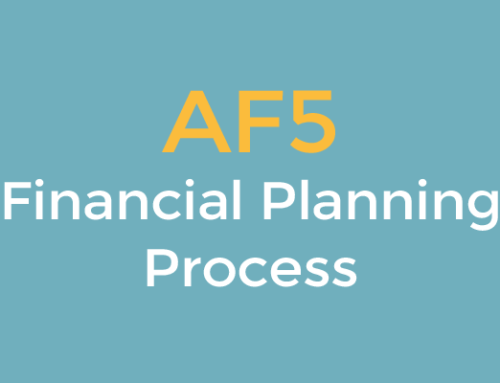I was reading the 2017 printed CII brochure and was caught out.
It didn’t mention anything much about the AF8 exam, but the newly updated 2017 web-based version does on page 13 (and thanks to Jason Whitchurch for the heads-up):
http://www.cii.co.uk/media/7267098/coh_j011387_fs_quals_2017_july_update_web_p2.pdf
It outlines what is going to happen with both the AF7 exam and the AF8 exam and here’s a summary of the key points and how it could work for you:
AF7 exam
20 credits
First exam on 10 October @2pm
2 hr exam (short questions and case study)
Pension Transfers permissions (along with other R0 exams)
We know that this can be doubled-up with AF3 (and AF8) and on 10 October you could be sitting down for 50 advanced pension credits (9.30am for 3 hrs and 2pm for 2 hours) and/or top-up your AF3 success with 20 more from AF7.
I like a double-bubble. I’ll see you on 10 October.
And there is more….
AF8 exam
30 credits (yes – 30 credits)
Assessment by coursework (no fixed exam date)
3 x 3000 words of coursework over 12 months (plan it into your schedule)
Starts October 2017
So, we now know what is going to replace the AF3: 50 credits rather than 30 credits; CII have added 20 credits to the advanced pension planning exams and made 30 credits flexible and accessible throughout the whole year. Good news for busy people.
I can hear the whoop whoop from here: you could sit AF3 (30 credits), AF7 (20 credits) and also do AF8 (30 credits) and get 80 advanced credits for you pension studies toward Chartered.
Now that is triple-bubble! Nice. I like that a lot.
That makes a lot of sense to me. But, be aware that unlike IFS, the CII tell candidates that they should not comment in forums or collaborate in any way with this exam. So, we will NOT be having an AF8 forum for example, but we WILL be offering workshops to help you with structure, knowledge and critical evaluation skills (50% of the assessment marks).
This will give you an idea what AF8 will look like:
http://www.cii.co.uk/media/6318748/af6_coursework_faqs_03-16.pdf
The IFS AwPETR approach is an interesting contrast to the CII approach, but both are of a very similar nature: critical evaluation and critical thinking are KEY. And that’s what the workshops will be focusing on – and we’ll run them every couple of months to make sure that there is choice throughout the whole year (more on that later in the summer).
80 pension credits at advanced puts pensions right where it should be: top of the pile
So, what does this mean for getting chartered?
You still need 120 advanced credits (with your diploma):
Pensions = 80 credits
AF3, AF7 and AF8 = 80 credits at advanced
Investment = 30 credits
AF4 = 30 credits at advanced and/or
PCIAM exam (which is sat in the June or December and also gets you 30 advanced credits)
Financial Planning = 30 credits (compulsory)
AF5 = 30 credits
That journey takes you to 140 credits at advanced.
That’s a journey I like. It’s accessible. It’s manageable and it can be done in a timely fashion, with the right help.
It’s two techincal subjects + financial planning.
It’s a nice combination of pensions (mainly) and one (or two) investment exams. And you can spread it over a whole year – with coursework and with an exam in June or December if you fancy it?
BTW – just in case you didn’t know – I actually would recommend you considering the PCIAM exam before the AF4. It’s a much more accessible exam for financial planners with some good working knowledge of investments and wealth management.
Here’s something for you to consider carefully:
The pass rate for the AF3 in 2016 was @37%.
The pass rate for students completing the expert pensions structured study plan is nearer DOUBLE that figure for the April 2017 exam.
You have twice as much chance of success as the national average (in 2016) when students study with EP.
(If you’d like to see an example of the data and/or the prize draw we ran to encourage people to give us the exam scores – please do drop us a line. All names and numbers are anonymous – and even more exciting is that the BIG DATA professors at Manchester Metro University are helping us correlating the exam scores with the learning activity that we tracked for every student. That’s an exciting collaborative project involving EP and MMU – with more on that later in the year).
We have the statistical evidence to back up the fact that the EP structured study plan works: double your chances of success



